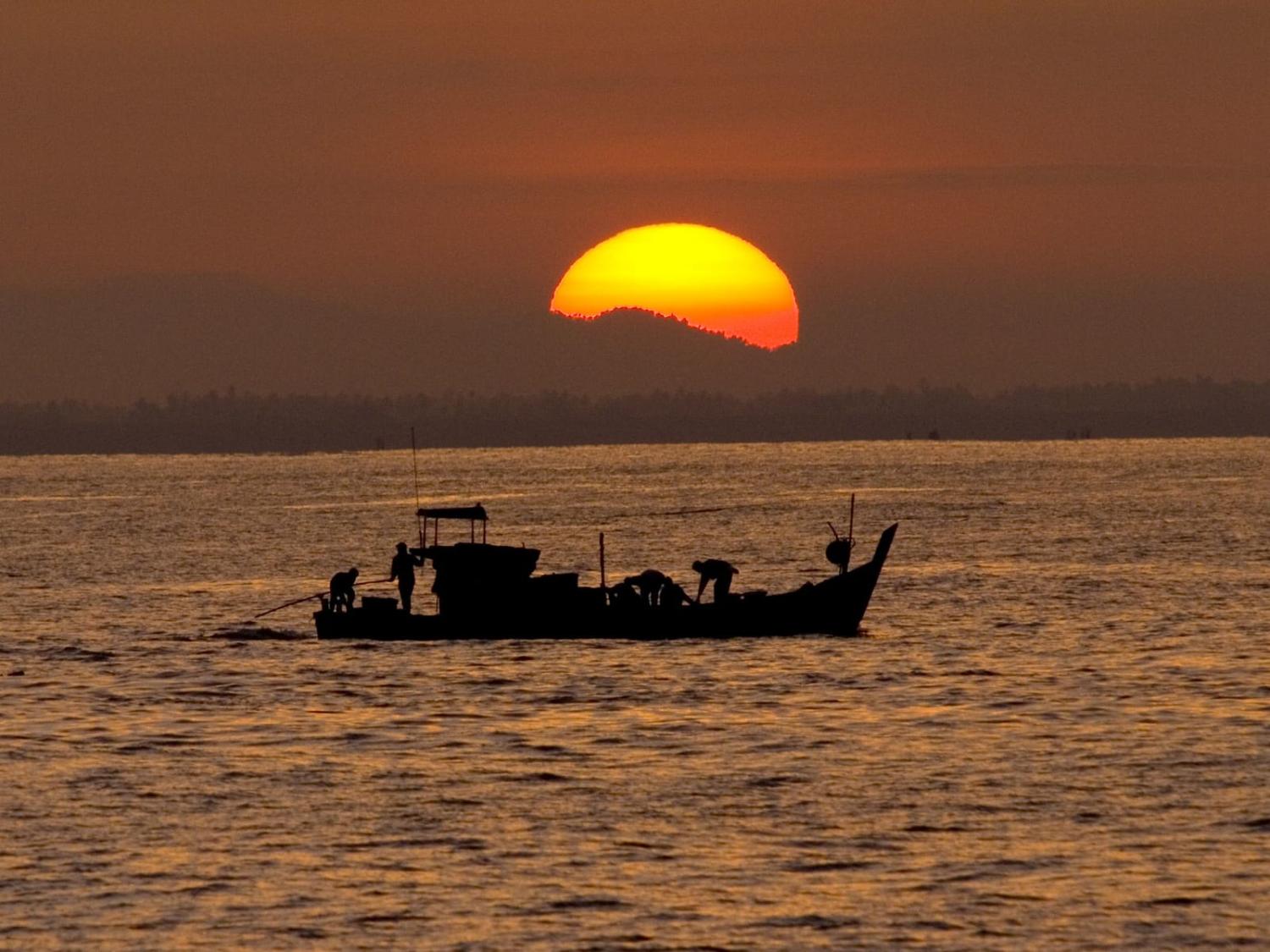This month, Indonesia and Australia signed an agreement on combatting illegal, unreported, and unregulated (IUU) fishing. This is not only a significant step for both countries in the bid to eradicate poor fishing practices, but it is also important for the bilateral relationship.
Friction between Indonesia and Australia over the long maritime border area is not new, but has posed challenges in recent years. Australia has seized and sunk Indonesian fishing vessels allegedly conducting illegal fishing inside Australian waters, leading Indonesian officials to respond by asking for clarification. The latest agreement marks an effort from both sides to smooth maritime border cooperation and was signed as part of the Indonesia-Australia Fisheries Surveillance Forum (IASFS) in Darwin, Australia.
At least three working groups have been created by the new agreement, to focus on a public information campaign, surveillance and law enforcement, and the opportunities to create alternative livelihoods for those crewing Indonesian fishing vessels. These working groups are important in tackling issues at the very core of IUU fishing, which oftentimes result from a lack of knowledge by small-scale fishing operations. Based on information from the Indonesian Ministry of Marine Affairs and Fisheries, education on the Indonesian side will focus on fishing from East Nusa Tenggara, including the island of Rote and provincial capital Kupang.
The public information campaign is needed to improve knowledge for fishing operators about the Indonesian–Australian maritime border, including the locations where they can fish. Moreover, education about what fishing methods can be used to maintain the sustainability of fisheries is also important for both sides, regardless of the size of vessel or the type of fish targeted, as Australians might also come into Indonesian waters.
The surveillance and law enforcement working group is arguably the most important aspect of the agreement. The aim should be to ensure the free flow of information between the Indonesian coast guard (BAKAMLA) and the Australian maritime border command relating to patrols in the Arafura and Timor seas and particularly about intended interceptions to avoid unnecessary friction. When Australia has seized Indonesian vessels previously, it has led to the delay of joint exercises between law enforcement agencies as Jakarta sought clarification from Canberra.
Shared information on fisheries activities in the border area is also important. Indonesia and Malaysia have had in place a similar arrangement where small traditional fishing operators found in either country’s waters will not be immediately prosecuted, but warned and told to leave. Sometimes these small operators don’t realise they have passed the maritime boundary.
The third working group to assess the prospects for an alternative livelihood is the most challenging. This must consider a raft of issues related to sustainability, climate change, economic prospects, education policy, and more. Achieving this goal will require comprehensive strategy. Small-scale fishing operators rank among the poorest communities in Indonesia, so the work is often a question of survival.
But this latest agreement between Indonesia and Australia on IUU fishing is an important development, as well as an opportunity to foster mutual trust and avoid future tension along the maritime border.

